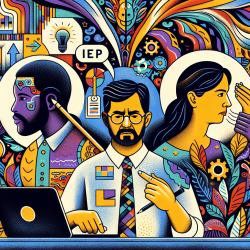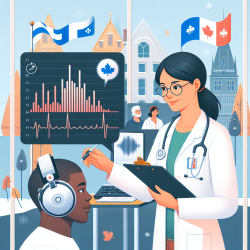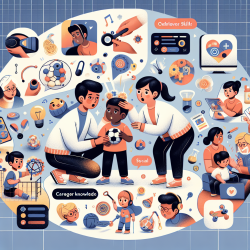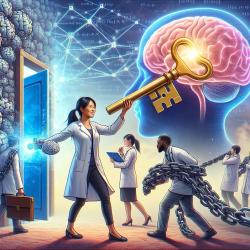Understanding the Power of Data in IEP Planning
As special education advocacy groups, we understand the challenges faced by parents and educators alike when it comes to Individualized Education Program (IEP) planning and meetings. The process can often feel overwhelming, leading to feelings of burnout. However, by leveraging data-driven strategies, we can create more effective and efficient IEPs that truly cater to the needs of each child.
The Role of Data in Special Education
Data is a critical component in the development of IEPs. It provides objective insights into a child's current abilities, progress, and areas that require support. By focusing on factual information, we can ensure that the goals set in an IEP are realistic, measurable, and achievable. Here are some ways data can enhance the IEP process:
- Identifying Needs: Data helps in pinpointing specific areas where a child requires additional support, ensuring that no aspect of their development is overlooked.
- Setting Goals: With clear data, educators and therapists can set precise goals that are tailored to the child's unique needs, facilitating targeted interventions.
- Tracking Progress: Regular data collection allows for ongoing assessment of a child's progress, enabling timely adjustments to the IEP as needed.
Leveraging Online Therapy Services
Incorporating online therapy services, such as those provided by TinyEYE, can be a game-changer in the IEP process. Online therapy offers flexibility and accessibility, making it easier to integrate into a child's daily routine. Additionally, it allows for consistent data collection and analysis, which is crucial for making informed decisions.
Our online therapy services provide detailed reports and progress tracking, ensuring that all stakeholders, including parents, educators, and therapists, have access to the information they need to make data-driven decisions.
Collaborative IEP Meetings
Effective IEP meetings are those where collaboration is at the forefront. By coming together with a shared goal of improving outcomes for children, we can create a supportive environment that fosters success. Here are some tips for making IEP meetings more collaborative:
- Preparation: Review all relevant data and reports before the meeting to ensure a productive discussion.
- Communication: Encourage open dialogue among all participants, valuing each perspective and insight.
- Action Plans: Develop clear, actionable steps that are supported by data to guide the implementation of the IEP.
Inspiring Change and Avoiding Burnout
By embracing a data-driven approach to IEP planning and meetings, we can inspire positive change and avoid burnout. The clarity and direction provided by data allow us to focus on what truly matters: creating meaningful and lasting outcomes for children in special education.
Remember, the ultimate goal is to support each child's growth and development. By working together and utilizing data effectively, we can make a significant impact on their educational journey.










